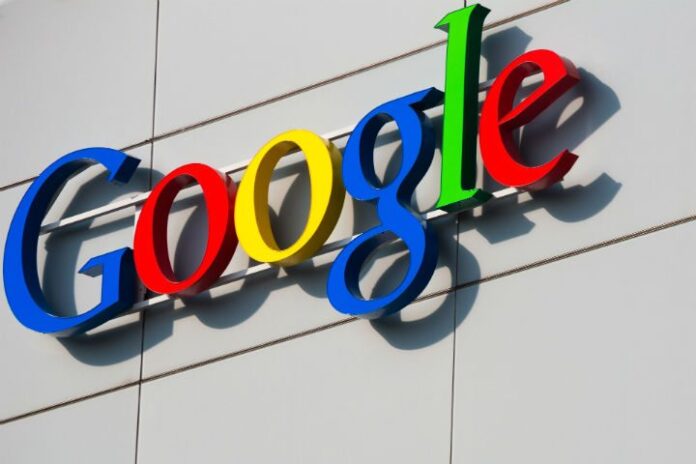Fines against Google could hit $6B; EU also probes Android OS
WASHINGTON – The European Union Commissioner for Competition, Margrethe Vestager, officially filed a “statement of objection” against the Internet search giant Google.
She told the press in Brussels, Belgium, “I’m concerned that Google has artificially boosted its presence in the comparison shopping market with the result that consumers may not necessarily see what’s most relevant for them, or that competitors may not get the commercial opportunity that their innovative services deserve.”
Under the EU rules, Google now has a period of 10 weeks to respond to the allegations. Thus far Google has responded by stating it “strongly disagrees” with the allegations brought against it and looks forward to making its case.
Google is extremely pervasive in Europe, controlling 90% of the search engine market.
This overwhelming dominance is at the heart of the EU regulators case: Google’s overwhelming dominance has allowed the company to unfairly promote its own Internet services over competitors’, thereby allowing it an unfair advantage in Europe’s lucrative e-commerce market.
Amit Singhal, SVP of Google Search, wrote on the company blog in response to these allegations:
“While Google may be the most used search engine, people can now find and access information in numerous different ways – and allegations of harm, for consumers and competitors, have proved to be wide of the mark.”
Singhal went on to argue that Google exists in a very competitive market especially in regards to e-commerce.
“It’s clear that: (a) there’s a ton of competition – including from Amazon and eBay, two of the biggest shopping sites in the world and (b) Google’s shopping results have not harmed the competition. Any economist would say that you typically do not see a ton of innovation, new entrants or investment in sectors where competition is stagnating – or dominated by one player. Yet that is exactly what’s happening in our world.”
The EU has also announced a separate inquiry focusing on three specific allegations regarding Google’s Android operating system.
- Claims that Google requires or incentivizes manufacturers to pre-install its search engine, apps and other services and exclude rival products.
- Allegations that Google unfairly insists its services are bundled, meaning some cannot be pre-installed without including the others.
- Complaints that the firm is hindering manufacturers from developing alternative versions of Android, which is open source. These are commonly known as “forks,” with Amazon’s Fire OS and Xiaomi’s Mi being two examples.
“These issues are distinct from the Google comparison-shopping case and the investigations will of course be different,” Vestager said.
Google has also come out strongly against these claims with engineer Hiroshi Lockheimer noting, “It’s important to remember that [our partner agreements] are voluntary – you can use Android without Google – but provide real benefits to Android users, developers and the broader ecosystem.”
“Our app distribution agreements make sure that people get a great ‘out of the box’ experience with useful apps right there on the home screen. This also helps manufacturers of Android devices compete with Apple, Microsoft and other mobile ecosystems that come preloaded with similar baseline apps.”
If Google is found to have violated EU antitrust rules it could face massive fines potentially in the multibillion-dollar range. The EU Commission has already levied huge fines against tech companies in the past, fining Intel $1.2 billion in 2009, and Microsoft $800 million in 2013.

